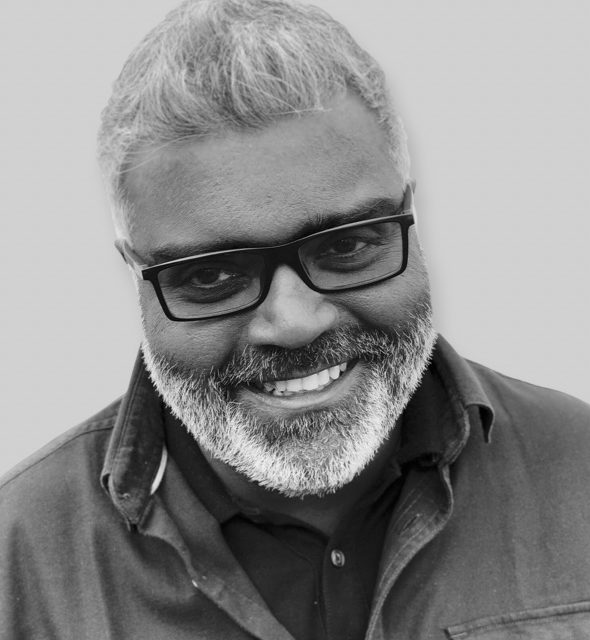
Professional Coach & Molecular Medicine PhD
For as long as I can remember, I have been fascinated by the biochemical connection between our minds and bodies. What began as a youthful curiosity grew into a life-long drive to understand how the connection works. Finally, intuition and scientific interest led me to my specialty – heart physiology.
I was born in Novi Sad, Serbia, at a time of political and economic turmoil. My early life was filled with both great and not-so-great experiences: winning the Serbian team ping-pong championship and twice being named best student of the year. On the downside, I lived through three wars and one of the world’s worst instances of inflation. These early experiences, some intensely difficult at the time, have helped me develop resilience which I wanted to understand on the “molecular” level.
After completing studies in biochemistry at the University of Novi Sad, I moved to Graz, Austria, to attend a PhD program in molecular medicine. Soon after graduation, I was awarded the Austrian Science Fund most prestigious postdoctoral fellowship for young female scientists, which led me to the University of California, Davis. While living in California, I entered the world of coaching by completing Professional Coaching for Life and Work, at the UC Davis Extension, and The Science of Happiness, at UC Berkeley.
I left the coach-training program inspired to learn more about life values, in particular about their origin: are our values our own, or do we pick them up from other sources? In addition, I was determined to understand whether disconnect from our value system can have detrimental effects on our heart. I organized a team of coaches, educators and scientists to conduct a large experimental study on life values and how values-based coaching can change levels of wellbeing and stress. In 2015, the study won the 1st Place Research Award at the Coaching in Leadership and Healthcare Conference organized by McLean Hospital’s Institute of Coaching, and Harvard Medical School.
As a young adult, I realized that my experience of the world was quite uncommon. I somehow, miraculously, made it through the childhood feeling grateful for the hard times, as well as feeling completely authentic. The idea of being “vulnerable” sounded odd to me, because I grew up in a time and place where hiding myself behind an image made no sense – being vulnerable was normal. I’ve started the Science2Wellbeing in order to turn empirical observations that have helped me maintain a deeply optimistic worldview into evidence-based concepts on how you can promote cardiac health and overall wellbeing by creating a state of satisfaction that weathers the ups and downs of life in a constantly changing world.
Key Notes:
Well-being Research as a Framework for Breakthrough Coaching
This Tuesday, on episode 14, we had a fascinating young personality specializing in heart physiology and a Ph.D. in Molecular Medicine – Senka Holzer. Recipient of the Austrian Science Fund’s most prestigious fellowship for female scientists, Senka’s passion for learning and experimenting on the biochemical connection between our minds, bodies, and coaching led her to turn her data into coaching tools. Her approach combines the newest findings in well-being, preventive medicine, stress research, and positive psychology with years of professional coaching experience to develop innovative, dynamic, and evidence-based coaching tools and programs.
In this session, Senka aims at helping you establish the science-backed framework for coaching that will ensure your clients are getting the maximum out of their coaching experience.
Here the key excerpts from our conversation with Senka Holzer:
- What is well-being? How do we measure it? Why is it important? What influences our well-being.
- In a scientific context, well-being is what you feel about your life and how much positive and negative you experience.
- Measuring well-being is crucial as measuring the well-being levels helps us determine many things in our life; for example, a highly satisfied person has better performance and fewer sick leaves. Similarly, a dissatisfied person may have lower productivity, decreased engagement at work, and even burnouts or depression.
- Parts of our well-being or happiness are changeable, and some are not. Almost 50% of our well-being depends upon our genetics which is out of our control. Our circumstances, like financial status, our relationship, health, etc., account for 10% of our well-being. While 40% of our happiness is affected by our internal state of mind.
- We can work on this 40%, i.e., our internal state of mind, where coaching comes into play. We, as coaches, can enhance our client’s inner state of mind to help them better experience their well-being.
- There are 3 key elements crucial for fostering well-being: feeling self-directed, feeling competent, and feeling connected—the basic psychological needs that shape our self-determination.
- Self-determination theory points out three needs we depend on: self-autonomy, competence, and relatedness. When these needs are not met, they have a detrimental effect on our well-being.
- How do we satisfy our basic psychological needs? There’s a connection between our needs, values, and behaviors that ultimately determines our well-being.
- We have a natural, human tendency to act toward satisfaction of our basic psychological needs. We strive to meet our needs by acting on our values. We all have different blueprints of our own values, each representing our individual needs.
- Our value system helps us choose our different behavior alternatives in our daily lives that serve our needs and values.
- When these three work together and are aligned, we have a good level of well-being.
- Making a deep-rooted change in our behavior requires re-evaluation in our value system and creating consistency between our actions and values.
- Concepts that explain why don’t we thrive: #1 Rhetoric-Reality Gap, #2 Core v/s Acquire Values, #3 Expectation-Reality Gap
- Too much focus on our acquired values can decrease our well-being.
- If our behavior aligns with our core values and helps satisfy our basic needs, we thrive. If our behavior predominantly supports our acquired values, we might fulfill our basic needs, but we will not have deep satisfaction.
- We often work hard on meeting value-driven goals and expect a reward or happiness in return as promised. These expectations heavily influence our life and reality, and that’s when the gap between expectation and reality increases. We do not feel deeply satisfied or happy.
- We can help people become aware of their core and acquired values. We can coach them about their value system.
- Senka’s top coaching goal: Create a culture of awareness around different sets of values.
- How Senka meets her coaching goals:
- Noticing the difference between core and acquired values
- Increasing the “awareness space”
- Consciously navigating.
We loved Senka’s research-backed coaching tips that are easy to incorporate in coaching practice! What was your takeaway? Do share it with us!
You can watch the entire video here.
A big shoutout to Senka Holzer for sharing such powerful insights with our participants!
Subscribe to our YouTube Channel to learn more from coaches all around the world.




